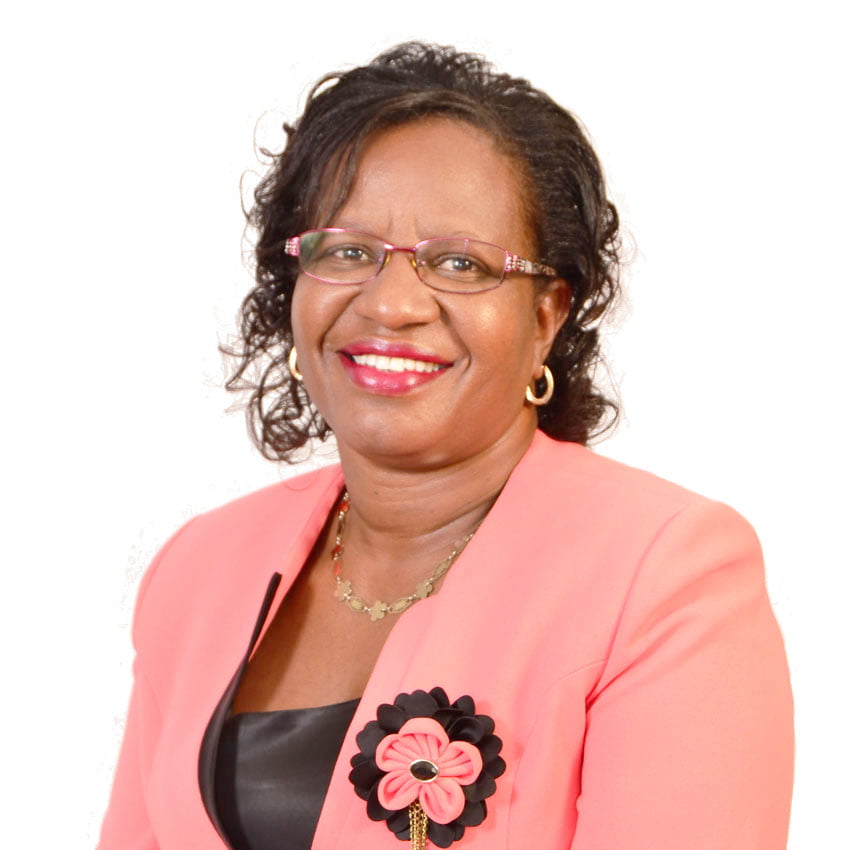By Margaret Waithaka
As a career guidance professional, I meet a lot of students, teachers, parents and many education stakeholders for sector discussions depending on their relevant needs.
Some time back, a student came to my office with his mother to seek guidance. Apparently, this young man was adamant about taking a course in medicine yet he had dropped Biology in Form 2.
The young man was now insisting on taking a foundation course, going to A-levels and taking Biology or repeating Form 3 but only learning Biology!
I pitied the boy since none of his options could work.
Foundation courses are a bridge to universities abroad preparing one for a course they are eligible for. Two, one cannot take a science course in A-levels without a foundation in earlier classes and three, in our current education system, you cannot repeat a class and only take one subject.
In the end, the young man understood the importance of subject selection in high school and their link to the courses or careers one wants to undertake.
At the end of Form 1 or 2, many students are often unsure of what subjects they should choose.
Should they focus on the subjects they enjoy, or those they are told will lead to the best jobs?
Should they consider all sciences, technicals or humanities or spread their bets in all?
Furthermore, they wonder whether the subjects they study at school really have a bearing on their lives later on.
Subject selection and choice helps students establish the right subjects for them.
It is not only a mandatory exercise set by the Ministry of Education, curriculum developers and other educational bodies but it’s also important for all students.
Subject selection supports students’ studies in Form 3-4, confirms their interests and abilities, boosts their career goals and aspirations and guides them on grading and certification at the end of secondary school.
Unfortunately, many students, teachers and schools struggle on how to navigate this exercise either due to lack of information on its importance, insufficient skills and resources on how to make choices and poor understanding of subjects offered in the curriculum.
They also have poor linkages between the subjects taught in the classrooms and the world of work.
Plus, many teachers charged with the responsibility of being in charge of the career offices have insufficient skills and knowledge about the exercise.
What about parental and peer influence? This is a topic that can fill lakes of pages. A student, who was really struggling in History and Business told me that she chose the subjects because all her friends had chosen them, while the subjects she loved had the most boring people.
Another student told me that the father made her drop Geography because the father hated Geography while in school.
Her confession made me wonder who exactly between the child and the father was taking the subject at the moment.
But there is hope! To help students respond to these worries, College of Career Guidance and College has developed step-by-step Guidelines on Subject Selection and Choices Toolkit that are beneficial to all Form 2 students in secondary schools.
Benchmarked on the best practices of subject selection and choices procedures, these guidelines impart skills to help each student make informed subject choices irrespective of the category of school.
The toolkit offers the students the ability to advocate for their interests, passions, and aspirations; understand subjects offered in secondary schools and the ability to evaluate and make informed choices based on laid guidelines and criterion.
This toolkit is a must have for every school.
The author is the Director of Administration & Marketing in College of Career Guidance and Development. For more information visit www.careerguidancecollege.com or write to maggie@careerguidancecollege.co.ke







Article ‘…Importance of the right subject selection in school’ by Margaret Waithaka (July 22, 2022) fails to capture the true problem in Kenyan schools. First, you talk about A’levels, a system that doesn’t exist in Kenya. You state that ‘foundation courses are a bridge to universities abroad’. So, are you preparing Kenyan students for institutions outside Kenya?. How many Kenyan high school students would attend such A-levels school abroad? You should first and foremost focus on developing talents to develop the individual and Kenya. Otherwise, your skills are irrelevant to Kenya and Kenyans.
You state that ‘at the end of Form 1 or 2, many students are often unsure of what subjects they should choose”. But you are failing to state that in over 80% of schools, students are ASSIGNED to particular class streams when they enter FORM 1, according to the whims of the school administrations, to balance class count numbers, available subjects, etc and have nothing to do with the interests & abilities of that student. Even when parents complain and advocate for their child to switch subjects, these school heads decline, acting like they know the child more than the parent or the child themselves. So Waithaka this bad subject selection is a product of the school systems themselves, stop laying blame on innocent parents and their children. Do your research well and write an authentic story.
Over 80% of schools don’t have career counselors at all. Students depend on themselves, friends, parents, and a few kind teachers. The rest just pick subjects they excel in whether it matches a future job or not, they wouldn’t know. So stop blaming the students for bad choices.
Further, you blame bad subject choices on ‘lack of information on its importance, insufficient skills & resources on how to make choices and poor understanding of subjects offered in the curriculum”, I wonder whom you are attributing this shortfall on. If it’s on the students, then count yourself first as a failure, because you should have lobbied for career counselors to be posted in each school. In addition, you, current teachers & heads, should lobby teacher training colleges to include this unit in their teacher training courses. So, because you know a lot in these areas, you are the first line of failure for students ending up with dysfunctional subjects.
You’re promoting a “Guidelines on subject selection & choices tool kit”. You are expecting students to buy this book, read it, and know how to apply its content without the intervention of career counselors? You’re dishonest here. First, only the wealthy will afford to buy yet another textbook, the low-income kids who need this information will be left high and dry once again.
Margaret Waithaka, ensure that these issues are relevant to the Kenyan student and Kenya. Lobby for teacher colleges to make it a mandatory course in teacher trainer colleges, and lobby for each school to have a dedicated career counselor. Otherwise, all you talk about here is just another white elephant but this time on paper. Thank you. Mwalimu Doris Thiambi